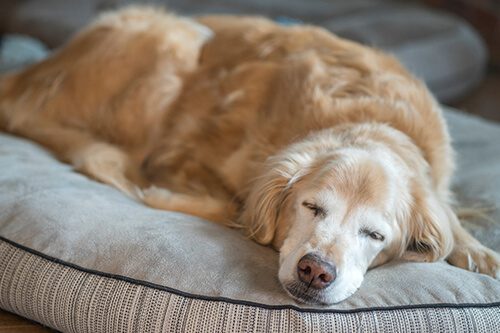Understanding Bloat in Dogs
Bloat, or “Gastric Dilatation-Volvulus” (GDV), is a health emergency that can affect dogs. This condition happens when a dog’s stomach fills with gas, food, or fluid and then twists. The twisting can block blood flow to the stomach and other important body parts. If not treated right away, bloat can be deadly.
Why Bloat is a Serious Issue
When a dog’s stomach twists, it stops blood from flowing like it should. This can make the dog’s stomach swell and damage its internal organs. It’s very painful and can make the dog very sick, very fast.
Signs of Bloat to Watch For
Knowing what to look for can save your dog’s life. Signs that a dog with bloat might show include trying to vomit but nothing comes out, a belly that looks swollen and feels hard, acting restless, having trouble breathing, and looking like they’re in pain. If you see any of these signs, it’s time to act fast and get your dog to the vet.
Quick Action Can Save Lives
If you think your dog has bloat, call your vet or an emergency animal hospital right away. The quicker your dog gets help, the better their chances of getting better.
Treatment Options for Bloat
If your dog has bloat, they’ll need immediate medical attention. The vet might need to do surgery to untwist the stomach and make sure it stays in the right place. Sometimes, vets do a procedure to help release the gas and pressure before surgery.
Aftercare is Key
After treatment, your dog will need to rest and recover. They might need special care at home and follow-up visits to the vet to make sure they’re healing right. The vet will give you all the details on how to care for your dog after they’ve been treated for bloat.
Preventing Bloat in Dogs
While not all cases of bloat can be prevented, there are things you can do to lower your dog’s risk. Feeding your dog smaller meals throughout the day instead of one big meal, avoiding heavy exercise right after they eat, and keeping a close eye on your dog’s health can all help.
The Role of Diet and Exercise
Choosing the right food for your dog and making sure they get the right amount of exercise is important. Talk to your vet about the best diet and exercise plan for your dog.
When to Call Limerick Veterinary Hospital or Your Local Emergency Animal Hospital
If you’re worried your dog might be at risk for bloat, or if you see any signs of bloat, don’t wait. Call Limerick Veterinary Hospital at (610) 489-2848 or your nearest emergency animal hospital right away. It’s better to be safe and get your dog checked out by a professional.
Keeping Your Dog Healthy
Regular check-ups with your vet can help keep your dog healthy and catch any problems early. Make sure your dog gets all their vaccines and check-ups to help them live a long, happy life.
Bloat in dogs is a serious condition, but knowing what to look for and how to react can make all the difference. By keeping an eye on your dog’s health, feeding them right, and making sure they get enough exercise, you can help protect them from bloat. And remember, if you ever have any questions or concerns about your dog’s health, the team at Limerick Veterinary Hospital is here to help.

